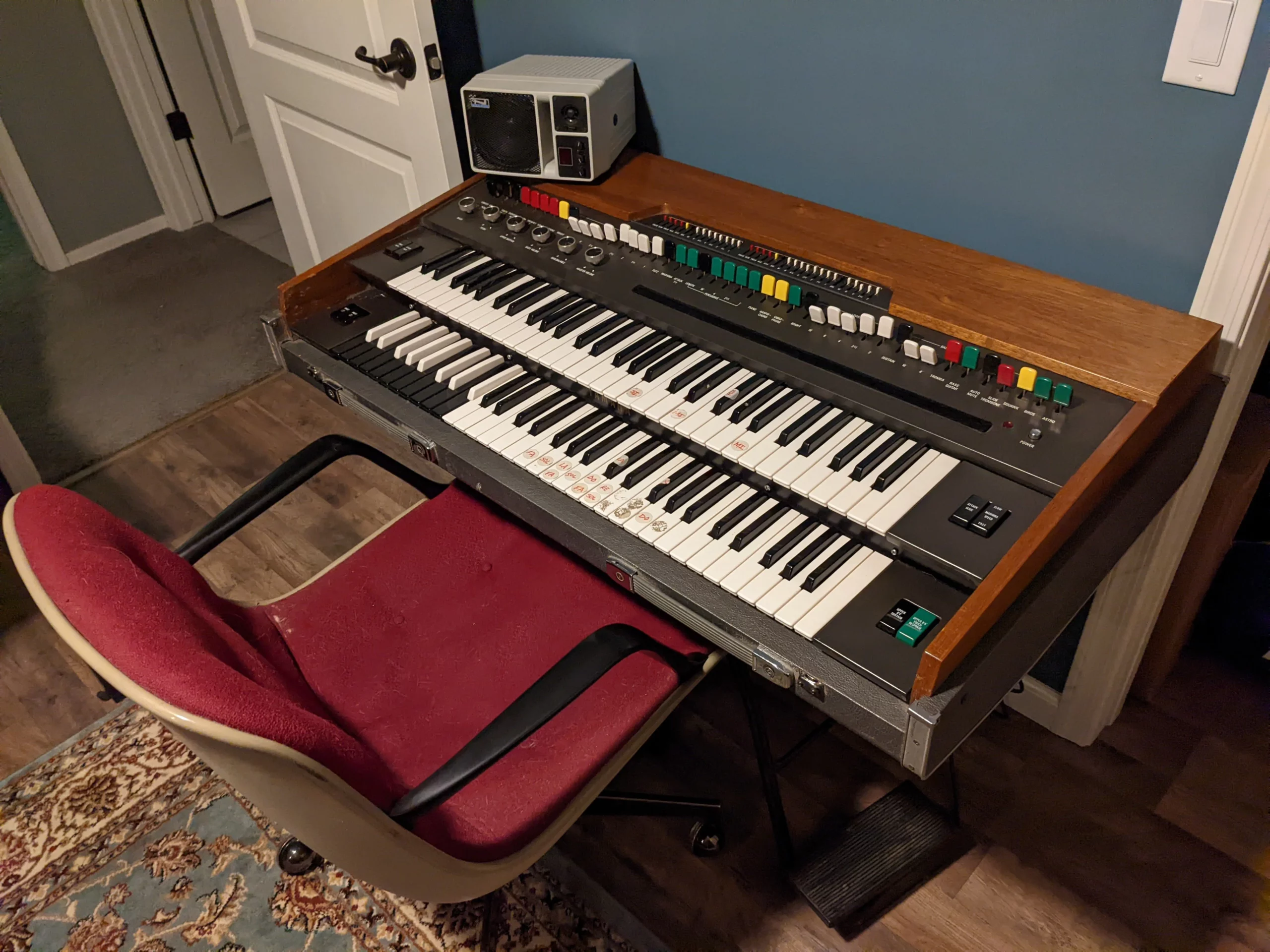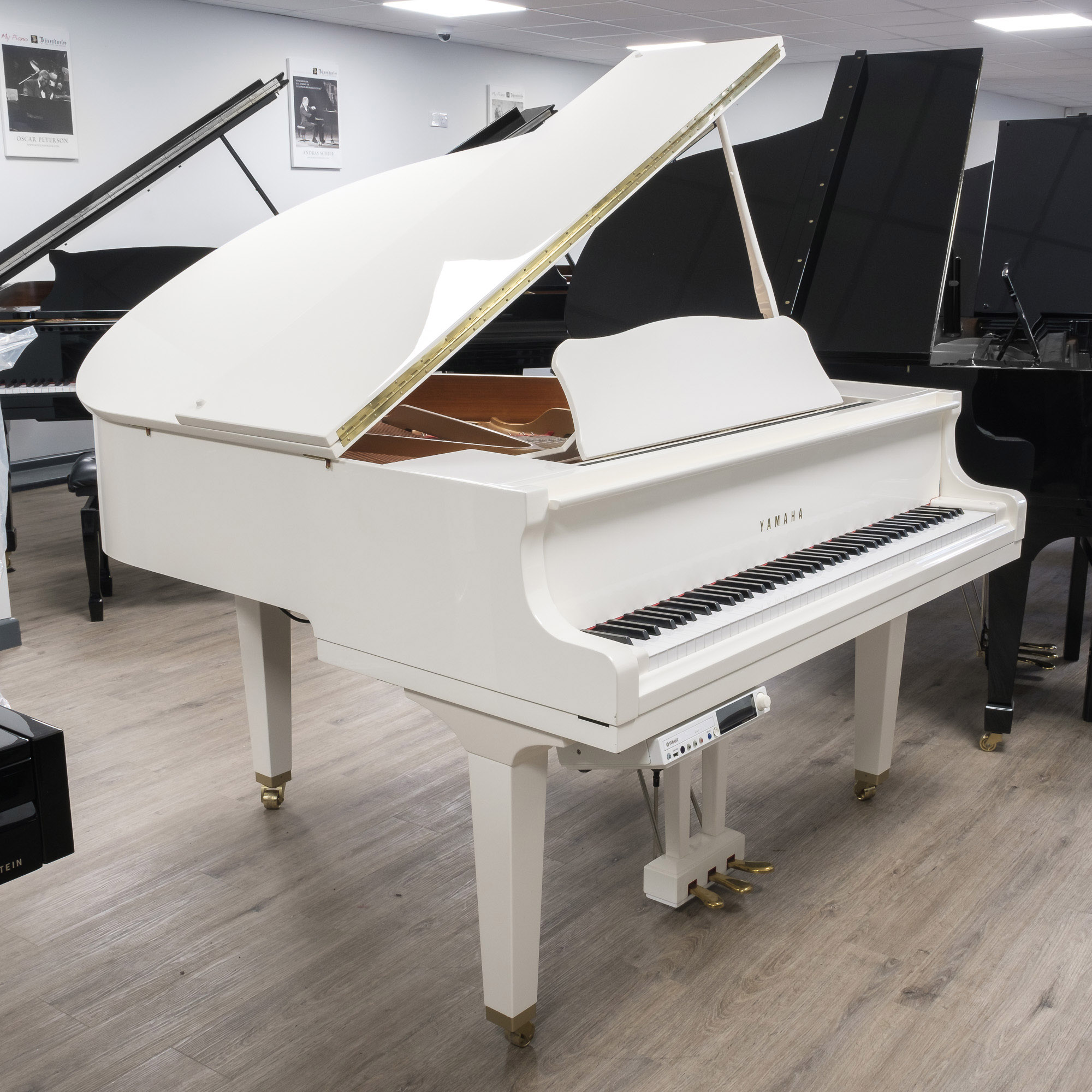How long does it take to tune a piano? As someone who has been playing and tuning pianos for years, I can tell you that there is no one-size-fits-all answer. It depends on various factors such as the current condition of the piano, its size and type, and most importantly, the skill level of the technician.
But don’t worry, if you are a beginner looking to learn more about piano tuning, I’ve got you covered. In this article, we’ll explore everything you need to know about how long it takes to tune a piano. From debunking common misconceptions to understanding the process behind it all, by the end of this article you’ll have a better idea of what goes into tuning a piano and how long it usually takes. So whether you’re planning on hiring a professional or tackling this task yourself, keep reading to discover all there is to know about tuning your beloved instrument!
So, how long does it take to tune a piano?
The time it takes to tune a piano can vary depending on the condition of the instrument and the skill level of the tuner. On average, it can take anywhere from 1-3 hours for a professional tuner to properly tune a piano. However, this process can take longer if there are major issues with the piano such as broken strings or significant changes in humidity.
For beginners who are learning how to tune their own pianos, it may take longer as they become familiar with the process and develop their skills. It is recommended to set aside at least 4-6 hours for your first tuning attempt.
It’s important to note that tuning a piano requires patience and precision. Each string must be carefully adjusted using specialized tools in order to achieve perfect pitch. Rushing through the process can result in an uneven or inaccurate tuning.
In addition, regular maintenance and touch-ups may also be needed throughout the year, especially if you live in an area with extreme weather changes. This ensures that your piano stays in optimal condition and produces beautiful sound every time you play it.
Overall, while tuning a piano may seem like a daunting task at first, with practice and proper technique, it becomes easier and faster over time. So don’t get discouraged if your first few attempts take longer than expected – soon enough you’ll be able to tune your piano like a pro!
Understanding the Fundamentals of Piano Tuning: What It Is and Why It’s Important
Whether you’re a seasoned pianist or just beginning your musical journey, the importance of piano tuning cannot be overstated. It’s crucial to recognize that this isn’t about making minor adjustments – it’s about ensuring your piano can perform at its absolute best. You see, over time and with use, a piano’s pitch deviates from the standard or initially set frequency. This results in notes that don’t sound exactly right or harmonious when played together, creating an off-putting listening experience for both player and audience.
So what does it mean to tune a piano? Well, simply put: it involves adjusting the tension of each wire string on your piano to ensure they vibrate at their correct frequencies. This process requires precision and skill since each string is responsible for producing a specific note when struck by the hammers inside the instrument. These adjustments are typically done using special tools like tuning forks or electronic devices designed specifically for this task.
- The A440: Typically used as a reference point in tuning which refers to “A above middle C” vibrating 440 times per second.
- Tuning wrench: A tool used to increase or decrease tension on strings.
Understanding these basics sets you up perfectly well in appreciating why regular maintenance is vital — maintaining not only prime sound quality but also extending the life expectancy of such an expensive investment.
Assessing the Current State of Your Piano: How Initial Condition Affects Tuning Time
If you’re a proud piano owner, one of the key things you should be aware of is how its current condition can significantly influence tuning time. Regardless of whether it’s a family heirloom or an instrument that hasn’t been played for years, the initial condition plays an integral role in this process. When evaluating your piano, there are several factors to consider:
- The age and model: Older pianos might need more time to tune correctly due to wear and tear.
- Last Tuning: If your instrument hasn’t seen a tuner for quite some time, chances are it’ll require more attention now.
- Physical health: Pianos with cracked soundboards or loose pins demand more work during tuning.
To give you a clear picture: imagine preparing two different cars for a race – one that’s regularly serviced and another that has been sitting idle gathering dust. The former would take less time to get ready compared to the latter which needs comprehensive maintenance before hitting the track. Similarly, pianos in good shape usually turn out to be easier and quicker to fine-tune than those needing extensive repairs or adjustments. Moreover, regular servicing ensures longer life-span for your musical companion while improving playability. So next time when looking at your beloved piano remember – it’s not just about striking keys; maintaining optimal conditions is equally crucial!
Read also: how long does it take to tune a piano
Exploring Various Types of Pianos and Their Impact on Tuning Duration
The world of pianos is as diverse and enchanting as the melodies they produce. It may come as a surprise to some, but the type of piano can drastically impact how frequently it needs to be tuned. The variety ranges from grand, upright, electric or even more unusual, like toy pianos.
Among these types, grand pianos usually require tuning every two weeks due to their intricate design and larger soundboard. These majestic instruments are quite susceptible to minor changes in humidity and temperature; hence their high maintenance requirements. On the other hand, upright pianos require less frequent tuning – often only twice a year! This difference stems from variations in string tension between different piano types.
Delving deeper into this captivating subject reveals an intriguing interplay between design and tuning duration.
- The Grand Piano:
This instrument holds its strings horizontally which stretches them out over time leading to slight pitch deviations that necessitate regular tuner visits.
- The Upright Piano:
In contrast, with vertical alignment of strings, there’s less stretch consequently reducing tuning frequency.
Lastly comes electric keyboards or digital pianos – these wonders of technology almost never need traditional tune-ups since they use digital samples rather than actual strings for sound production.
In summary, exploring various types of pianos uncovers fascinating insights into their complex world – each variant not just offering unique aesthetics or sounds but also bringing distinctive responsibilities tied to keeping them harmonious and melodious!
 how long does it take to tune a piano
how long does it take to tune a piano
Considering the Skill Level of the Technician: The Role Expertise Plays in Piano Tuning
The mastery of piano tuning is an art that necessitates a unique combination of both technical competency and musical prowess. A good piano tuner does not just magically appear; they are the result of countless hours spent honing their craft, gaining familiarity with the exquisite intricacies of each individual instrument. It’s akin to nurturing a friendship – understanding its mannerisms, quirks and idiosyncrasies – until finally, complete harmony is achieved.
Here’s why the technician’s skill level matters so much:
- Intimate Understanding: An expert tuner possesses an intimate understanding of each key’s particular resonance and pitch. They understand that every note in a chord must be tuned precisely for it to sound truly melodious.
- Sensitivity: Piano strings are delicate entities that react differently to changes in temperature or humidity. A well-versed tuner can sensitively respond to these subtle shifts by carefully adjusting the tension in each string accordingly.
- Mechanical Acumen: Master technicians also have superior mechanical knowledge which enables them to diagnose and repair any physical issues with your precious instrument.
The ability of an unskilled person trying to tune a piano would be like asking someone who hasn’t swam before to cross the English Channel! The role expertise plays in piano tuning cannot be overstated—it truly makes all the difference between ordinary noise and extraordinary music.
You may also like: gh1 yamaha piano
Conclusion: Determining an Accurate Estimate for Piano Tuning Time Based on Multiple Factors.
The art of piano tuning is an intricate process that involves patience, skill, and keen auditory senses. Weaving this delicate task successfully often depends upon a myriad of factors, and estimating the time required for this operation isn’t as straightforward as it might seem at first glance. Several elements play pivotal roles in shaping how long it will take to strike the perfect chords.
Firstly, the condition of the piano takes center stage when evaluating tuning duration. Like any musical instrument, pianos can vary greatly in terms of both physical state and age.
The more worn or aged a piano is, the longer it might require to carefully adjust each string for optimal sound quality.
Furthermore,
- The ambient temperature and humidity also have noticeable effects on timing.
Pianos are made from organic materials that expand or contract based on environmental conditions; thus requiring frequent recalibrations to maintain their melodious harmony.
Lastly,
- Your tuner’s experience level significantly influences tuning speed.
A seasoned professional may get your keys humming beautifully faster than a novice would. But remember! Sometimes slower is better if they’re giving your beloved instrument the attention it deserves.
In conclusion: determining an accurate estimate for piano tuning time is quite multidimensional. It takes into account various factors such as the current state of your instrument, atmospheric conditions during tuning and even the proficiency level of your tuner. So next time you find yourself wondering how long you’ll have to wait before tickling those ivories again – bear these points in mind!

